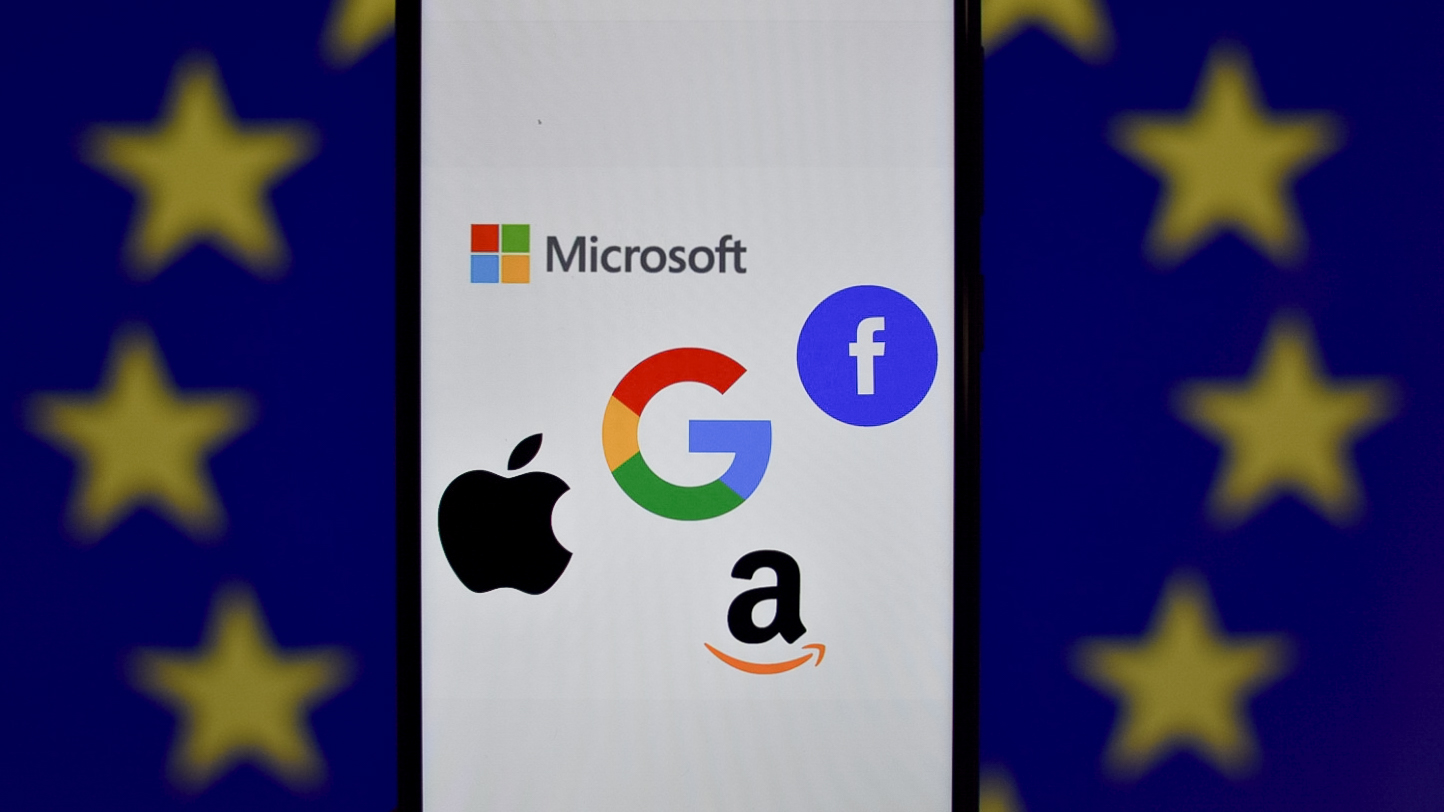
What you need to know
- The European Commission is investigating Alphabet, Apple and Meta for potential non-compliance with the Digital Markets Act.
- The DMA requires gatekeepers to allow developers to alert consumers to offers outside their app stores, for free.
- Meta is being investigated over its “pay or consent” model, which may breach rules on personal data gathering.
The European Commission has confirmed that it has placed Alphabet (Google’s parent company), Apple, and Meta under investigation for concerns over their potential failure to comply with rules established under the Digital Markets Act. Those rules were introduced in 2022 and came into full effect on March 7, 2024.
In the announcement (via Android Authority), the European Commission confirmed that several investigations are running alongside one another, each of which focuses on a specific aspect of non-compliance.
Alphabet and Apple are being investigated for a potential breach of steering rules on their app stores. According to the DMA, so-called “gatekeepers” are required to allow app developers to “steer” consumers away from the app store if there are cheaper offers available elsewhere.
Additionally, Alphabet is under scrutiny over concerns around “self-preferencing”, where Google search results may be highlighting Google’s own products and services through its search engine.
Apple is being checked over whether it makes it easy enough for consumers to use non-Apple software on their devices, such as search engines or web browsers. This is separate from the Apple antitrust case recently announced by the US Department of Justice.
Today, we've opened five non-compliance investigations under the Digital Markets Act.It concerns:🔹Alphabet’s rules on steering in Google Play 🔹Alphabet’s self-preferencing on Google Search🔹Apple’s rules on steering in the App Store 🔹Apple's choice screen for Safari… pic.twitter.com/kiZ7sLQa8BMarch 25, 2024
The proceedings against Meta concern its “pay or consent” model, which offers a paid membership tier for Facebook and Instagram. Users who pay can use the service without their data being used for adverts. However, users who don’t pay may be inadvertently giving Meta permission to harvest their personal data. The commission is “concerned that the binary choice imposed by Meta's “pay or consent” model may not provide a real alternative in case users do not consent.”
In summary of the various investigations, the EC said: “The Commission suspects that the measures put in place by these gatekeepers fall short of effective compliance of their obligations under the DMA.”
Thierry Breton, the commissioner for the internal market, added that “the Digital Markets Act became applicable on 7 March. We have been in discussions with gatekeepers for months to help them adapt, and we can already see changes happening in the market. But we are not convinced that the solutions by Alphabet, Apple, and Meta respect their obligations for a fairer and more open digital space for European citizens and businesses.”
The investigations are expected to be concluded within 12 months, at which point the three companies will be informed of the preliminary findings of the investigation and what measures the commission expects them to take to ensure compliance. If any of the companies are found to have broken the rules, they can be fined up to 10 percent of their total worldwide turnover, with further sanctions for repeated infringements.







